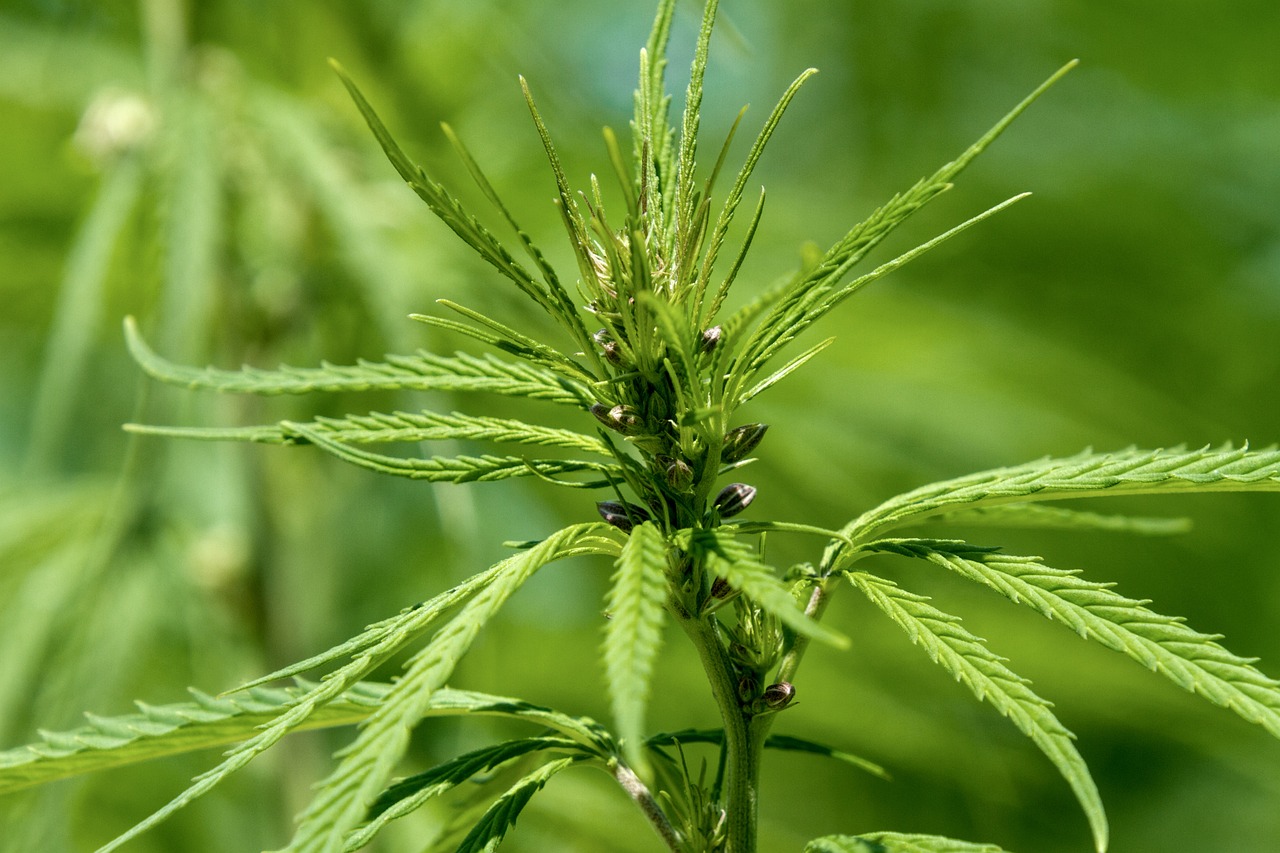The world of cannabis is vast and complex, with a multitude of compounds contributing to its effects. Among these, THCA (tetrahydrocannabinolic acid) has garnered attention for its unique properties and potential benefits. This article explores the science behind THCa flower, its effects, and its place in the cannabis industry.
Understanding THCA: The Precursor to THC
THCA is a non-psychoactive cannabinoid found in raw and live cannabis plants. Unlike THC, which is known for its psychoactive effects, THCA does not produce a high. This is because THCA is the acidic precursor to THC. When cannabis is heated through smoking, vaping, or cooking, a process called decarboxylation occurs, converting THCA into THC.
The Chemical Structure of THCA
THCA has a carboxylic acid group attached to its molecular structure, which is responsible for its non-psychoactive nature. This group is removed during decarboxylation, transforming THCA into THC. The presence of this group also influences how THCA interacts with the body’s endocannabinoid system.
Potential Benefits of THCA
Research into THCA is still in its early stages, but preliminary studies and anecdotal evidence suggest several potential benefits:
- Anti-inflammatory Properties: THCA may help reduce inflammation, making it a potential option for conditions like arthritis and lupus.
- Neuroprotective Effects: Some studies indicate that THCA could protect brain cells, which might be beneficial for neurodegenerative diseases.
- Anti-emetic Properties: THCA may help alleviate nausea and vomiting, which could be useful for patients undergoing chemotherapy.
- Appetite Stimulation: Like THC, THCA might stimulate appetite, offering potential benefits for those with eating disorders or undergoing treatments that reduce appetite.
THCA in the Cannabis Industry
As interest in non-psychoactive cannabinoids grows, THCA has become a focal point for both consumers and producers. The demand for THCA-rich products is increasing, driven by those seeking the therapeutic benefits of cannabis without the high.
THCA Flower Products
THCA flower is available in various forms, including raw cannabis flower, tinctures, and capsules. These products are often marketed towards individuals looking for natural remedies for inflammation, pain, and other conditions.
Legal Considerations
The legal status of THCA is complex. In many regions, THCA is not classified as a controlled substance, as it does not produce psychoactive effects. However, once decarboxylated into THC, it falls under the same legal restrictions as THC. This distinction is crucial for consumers and producers navigating the legal landscape of cannabis.
Scientific Studies and Case Examples
Several studies have explored the potential benefits of THCA, though more research is needed to fully understand its effects. A study published in the British Journal of Pharmacology highlighted THCA’s anti-inflammatory properties, suggesting it could be a promising treatment for inflammatory conditions.
In another study, researchers found that THCA exhibited neuroprotective effects in animal models of neurodegenerative diseases. These findings suggest that THCA could play a role in protecting against conditions like Alzheimer’s and Parkinson’s disease.
Case Study: THCA and Epilepsy
Anecdotal evidence from patients with epilepsy has shown promising results with THCA. Some individuals report a reduction in seizure frequency and severity when using THCA-rich products. While these reports are encouraging, clinical trials are necessary to confirm these effects and determine appropriate dosages.
Consumption Methods and Bioavailability
THCA can be consumed in various ways, each affecting its bioavailability and efficacy. Raw cannabis consumption, such as juicing, preserves THCA in its natural form. Tinctures and capsules offer a more controlled dosage, while topical applications may provide localized relief for inflammation and pain.
The bioavailability of THCA varies depending on the method of consumption. Oral consumption typically results in lower bioavailability due to the digestive process, while sublingual and topical applications may offer more direct absorption into the bloodstream.
Conclusion
THCA is an intriguing cannabinoid with potential therapeutic benefits that warrant further exploration. Its non-psychoactive nature makes it an appealing option for those seeking the medicinal properties of cannabis without the high. As research continues, THCA may become a significant player in the cannabis industry, offering new possibilities for treatment and wellness.
Understanding the science behind THCA and its effects can empower consumers to make informed decisions about their health and wellness. As the cannabis industry evolves, THCA stands out as a promising compound with much to offer.
